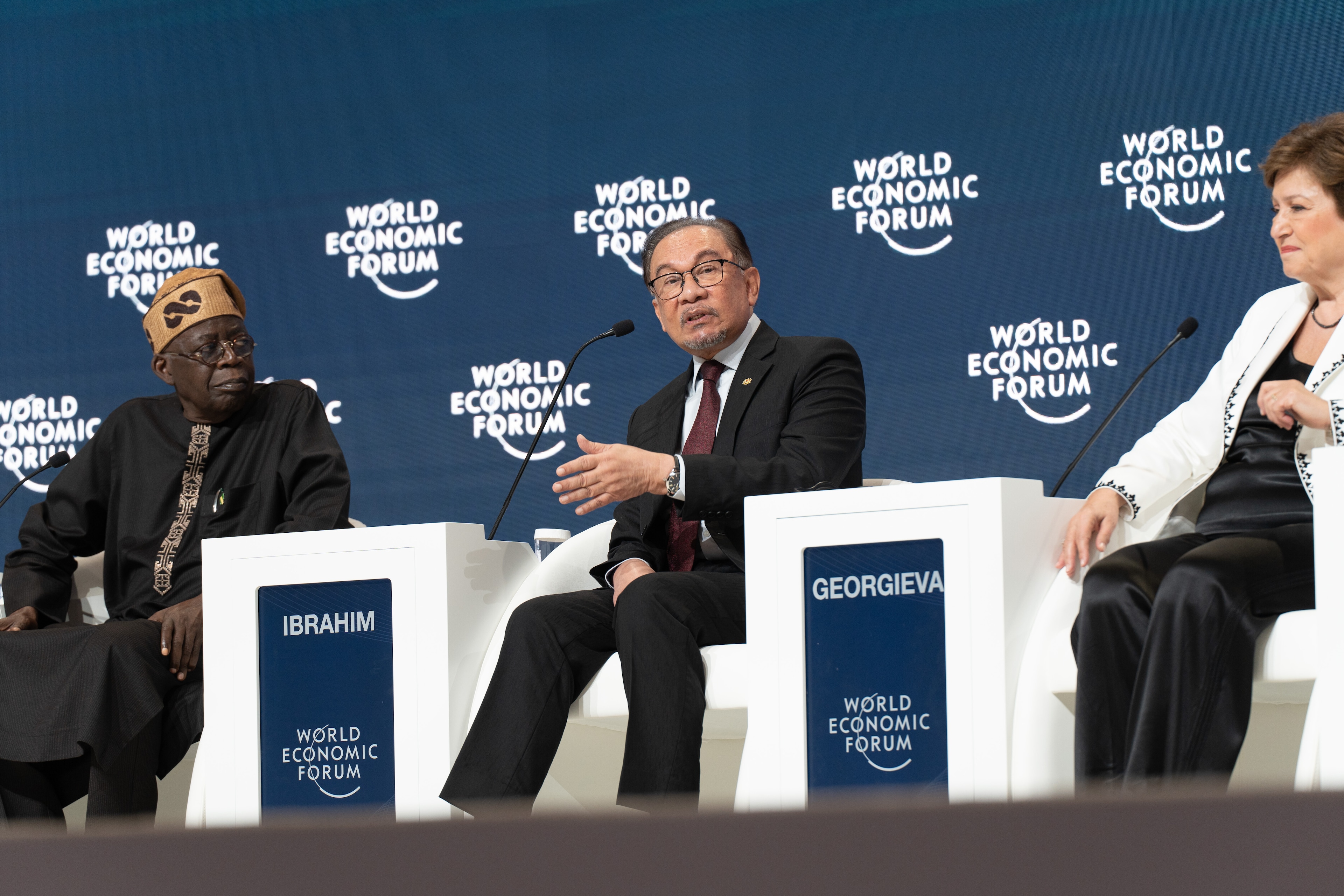An extra $437 spent on every child boosts high school graduation rates, finds a new study. Here’s how

Higher public spending on education and support for vulnerable households boosts graduation rates, a study by Michigan State University has found. Image: Unsplash/Aaron Burden

Get involved with our crowdsourced digital platform to deliver impact at scale
Stay up to date:
Education, Gender and Work
- Higher public spending on education and support for vulnerable households boosts graduation rates, a study by Michigan State University has found.
- Education also increases wages, reduces poverty, cuts crime and improves health.
- The education system must be reimagined to meet skills needs of the future, the World Economic Forum says.
If governments spent more money on education and support for vulnerable households, graduation rates would rise, a new study suggests.
Researchers at Michigan State University in the United States analyzed high school graduation rates over a seven-year period to see how public spending affected them.
They found that extra spending of $437 per child on social programmes for low-income families, or $720 in educational spending, boosted high school graduation rates by one percentage point over the seven years.
Education and social funding is vital
The findings, which are published in the Journal of Adolescent Health, highlight the importance of adequately funding both education systems and social safety net programmes, the researchers say.
Social safety net programmes play an important role in the fight against poverty and can include cash, school meal programmes and pensions, the World Bank explains.
Other research supports the link between education spending and graduation rates.
A paper from the Institute for Policy Research, a public policy research centre at Northwestern University in Illinois, US, found that a 10% increase in spending across all 12 years of public school led to a 7% increase in graduation rates.
Further benefits from this rise in education spending included graduates earning 13% more in wages by the age of 40 and being 6 percentage points less likely to live in poverty.

Investing in education has other benefits
Investing in education delivers economic growth and other benefits, says the World Bank, which helps developing countries achieve sustainable growth.
It adds that keeping children in school longer in lower-income countries is “one of the best global investments that can be made”.
Every year a person is in education translates into a 10% rise in annual earnings, the World Bank notes.
It says the broader social benefits of education include lower crime rates, less poverty and better health.
Higher levels of employment, more innovation and higher earners paying more taxes are some of the other economic and social benefits of education listed by the Organisation for Economic Co-operation and Development (OECD), a 38-country grouping that advises policymakers.
Reimagining the education system
In its Catalysing Education 4.0 report, the World Economic Forum warns that millions of children globally are out of school, and even those in school aren’t learning the skills they need to succeed in the rapidly accelerating age of technology advances known as the Fourth Industrial Revolution.
What is the World Economic Forum doing to improve digital intelligence in children?

The Forum calls for global investment in reimagined “high quality, innovative, future-proof education systems”. These should focus on developing skills for future workplaces, such as collaborative problem-solving – working together as a team to solve problems.
Improving these skills in students could add an extra $2.54 trillion in increased productivity to the global economy, the Forum estimates.
Don't miss any update on this topic
Create a free account and access your personalized content collection with our latest publications and analyses.
License and Republishing
World Economic Forum articles may be republished in accordance with the Creative Commons Attribution-NonCommercial-NoDerivatives 4.0 International Public License, and in accordance with our Terms of Use.
The views expressed in this article are those of the author alone and not the World Economic Forum.
The Agenda Weekly
A weekly update of the most important issues driving the global agenda
You can unsubscribe at any time using the link in our emails. For more details, review our privacy policy.
More on Education and SkillsSee all
Gayle Markovitz and Kate Whiting
May 2, 2024
Jean-Claude Brizard
May 1, 2024
Adam Gavin
April 30, 2024
Pedro Rocha e Mello, Anurit Kanti, Rita Lousa and Shankar Keshav Prasad
April 30, 2024
Tanya Milberg
April 28, 2024







